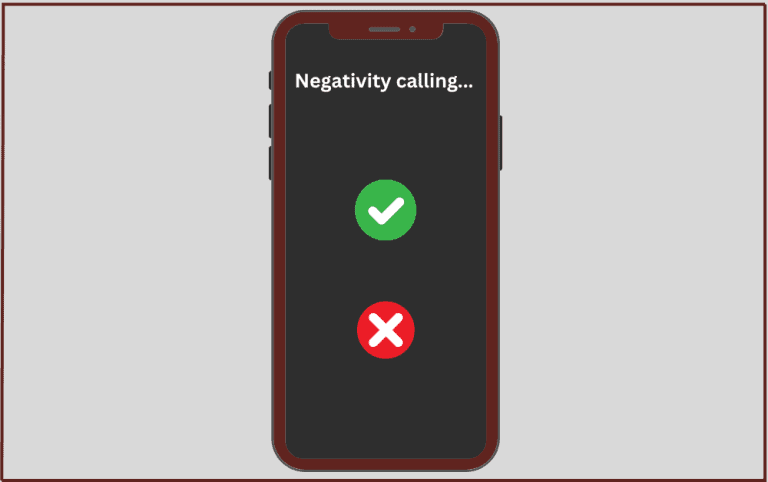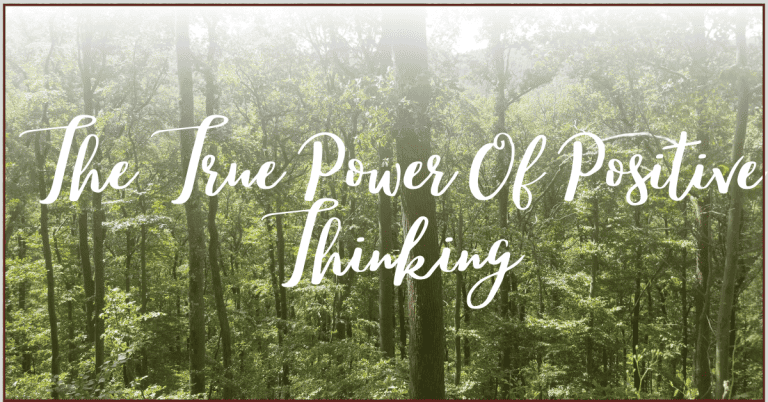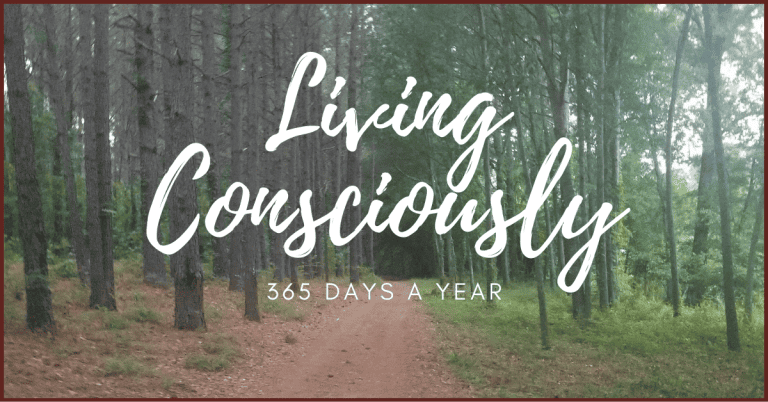Need to boost your self confidence? Do you think you might have low self esteem or insecurity? I’ll show you some actions you can take right now to boost your self confidence and start your path to success and achieving your goals.
You may not even be aware of the positive effects of confidence in both your personal and professional life. You will be surprised at how easy it is to build confidence, one of the most fundamental necessities for success. Follow these actions on how to boost your self confidence and achieve success in life.
1. Don’t Waste Time!

By taking action, you are well on your way to achieving higher self confidence and more success in your life.
Spend time thinking about some of your personal strengths and make a list.
Next, write a list of situations when someone made you feel like you needed to increase your competence in a particular area or challenged your confidence in your own strengths.
This will help you identify some underlying problems that affect your ability to feel confident about your own abilities. Increasing your competence will improve your confidence.1
2. Bring Positivity Into Your Life
You attract what you are and what you think. Change your thoughts and behavior by consciously making an effort to avoid negativity and especially negative self talk.
Replace negative thoughts with mindful and constructive thoughts and realize you are just as capable as anyone.
Sometimes negative self worth causes a snowball effect when something goes wrong.
Learn to have self-compassion and remove all self doubt by reminding yourself of your achievements, successes, and goals. You can and will achieve them.
If there is someone in your personal life or at work who causes you to lack confidence, try to talk to them about it in a positive way and if they are not helpful, try to distance yourself from them as much as possible.
Build relationships with positive people that will boost your self confidence, not rattle it.
Find positive ways to build healthy self esteem and self love.
3. Give Yourself Time to Heal

Building self confidence comes naturally as we experience achievement and receive recognition for success.
But what happens to your self confidence and self esteem when you don’t win or you don’t perform your best when it counts?
It can be a devastating blow to anyone, especially perfectionists and overachievers.
Sometimes self confidence is lost when around a more confident person or many confident people. It may be difficult to measure up to others when you are focusing on other people’s success or achievements.
You may feel worse about your own abilities, resulting in low self esteem and negative thoughts.
Recognize individual differences and try to gain more self confidence in yourself through repetition of something you do really well.
Don’t focus on anyone else and stop comparing yourself to anyone.
As you face new obstacles, recognize your ability to handle what is in front of you and welcome life’s challenges.
4. Improve Your Physical Health
Focus on the things you can control, including your health. What does the ideal you look and feel like?
Do you lack the motivation to lose weight? Do you lack the discipline to limit your food and beverage intake? Do you eat for comfort?
These could all be symptoms of low self confidence.
Recognizing the symptoms associated with low self confidence is an important step in taking action to overcome it.
One step to improving your health is exercise. Regular exercise is a known way to boost your self confidence and mood.

You have to take these action steps now to build self confidence and become that you.
Visualizing the ideal you is actually setting a goal for yourself. Set small and realistic goals and have a way to measure them.
Taking small steps to improve your health and then seeing results will reinforce to you that you have control and will boost your confidence in the process.
4. Prioritize Mental Strength
Self efficacy is vital to your success. You will receive the respect of others in all aspects of your life when you have a positive mental attitude.

Fighting off negative thoughts and negative self worth is an ongoing battle many have internally and is counterproductive.
While some internal motivation and drive is necessary for endurance and resilience, negative thought processes can damage the inner human spirit and be detrimental to your mental health.
To ensure your inner self is steering you right, ask yourself if what you think about yourself would be what you would want to hear or say to someone you care about.
If it’s not, then start to be cognizant of those thoughts and replace them with compassionate and motivating ones.
Mental health and self care is critical to achieving higher self esteem and reducing the unnecessary stresses it causes.
Being able to recognize when the problem isn’t your abilities, but how you think about yourself.
Improving your self efficacy is essential in improving your mental wellbeing.
Healthy stress management exercises will allow you to care for yourself and enable you to achieve the ideal you.
This will also help you mentally overcome obstacles when life presents new challenges and helps you in building self confidence as you overcome them.
Build positive relationships with people who promote self care and help you build confidence.
5. Own Your Weaknesses
Being able to truly recognize and own your weaknesses will help you to focus on improving in those areas while at the same time having compassion for yourself when you don’t excel at them.
This is because you will know they are not your strengths and even if it’s possible they will always be your weaknesses, you can accept that and focus on your strengths.
Once you accept and own your weaknesses, you can control expectations from others in these areas. Be upfront about them and people will respect that more than anything.

If you tell others about your weaknesses, they may provide you with guidance or assistance that can help you improve or achieve better performance in these areas.
This will also help with not setting yourself up for failure or disappointment.
How others see you or how you believe others see you is also important, so by being upfront about your shortcomings will prevent the feeling of disapproval and eliminate any undue expectations. It will also help you re-build confidence.
6. Sleep it Off!
Everyone knows we as humans require sleep. But do you know how sleep affects your confidence?
Sleep is necessary for cognitive functioning, mental wellbeing, and your overall health.
A lack of sleep can cause irritability, stress, and difficulty controlling your emotions, which can all undermine your self-confidence.
Well-rested people tend to have a more positive outlook on life, are more active, proactive, and better equipped to handle the challenges life brings, which are all characteristics shared by confident people.
How much sleep you need depends on you, but you should get between 7-9 hours.
It’s challenging when stress keeps you up at night. Sleep is a battle in itself when you have to fight it.
Some ways that you can improve your chances of getting the sleep you need to boost your confidence are:
Establish a routine. Going to bed and waking up at the same time every day helps your circadian rhythm, or internal clock.
Control your sleeping environment. Dim the lights, control the temperature, lower the noise, and eliminate any distractions.
Turn off electronics an hour before bedtime. Anything you do right before bed will affect your mind’s thought processes as you try to drift off, so limit your electronic activities before bed.
Develop a pre-bedtime ritual. Read a book and try meditation as a bedtime ritual. This will help you relax and get your body prepared and trained to rest.
Exercise daily, but not before bed. Exercise is important for good health and healthy self esteem, but it is not good right before bed. Try to incorporate exercise into your morning routine or earlier in your day.
Manage stress and anxiety properly. This is something that keeps people up at night. Learn ways to deal with stress and put the stressful thoughts aside when they are unproductive. Anxiety is a nasty inner demon, but with guidance from a counselor or mental health professional, you can learn ways to overcome it and control it before bed.
Limit or avoid alcohol. Your body takes time to process alcohol, and when you drink before bed, you are reducing your sleeping hours by causing your body to continue to work to metabolize the alcohol, which it treats as a toxin.

7. Set Goals for Success
Would you purposely hire someone who is not confident in their abilities or doesn’t have steps in place to counter their shortcomings?
Would you prefer the candidate who asserts high self confidence and positivity or self doubt and unworthiness?

Do you have goals you want to achieve? Confidence is critical to achieve those goals.
You have to be confident that you will achieve whatever you set out to do and be able to visualize yourself at the finish line. If you lack confidence, confident people will see right through you.
Napoleon Hill, one of my personal favorite philosophers on success, tied confidence directly to success. In his book, “Think and Grow Rich,”2 he emphasized that confidence isn’t just a helpful trait, but it is a fundamental necessity for success.
Hill stated that self-confidence was the starting point of all great achievements and that without confidence in our own abilities, we can’t reach our full potential or achieve our goals.
He stressed that confidence acts like a magnet that attracts the forces, people, and circumstances we need to achieve our goals.
Hill also stated that confidence empowers people to act, face their fears, persist through adversity, and attract all necessary resources needed to achieve success.
He saw confidence as a fundamental aspect of the success mindset, leading to a realization of one’s personal and professional goals.
8. Avoid Harmful Substances
Sometimes the substances that we take to make us feel better actually do more harm than good. Over time, some medications and alcohol can negatively affect our organs and natural functioning.
As our body metabolizes these substances, it works extra hard to eliminate them. The body treats foreign substances as toxins and goes into overtime to help you get rid of them.
Avoid processed foods as much as possible. Processed foods are also more difficult for the body to digest and metabolize.
While medications can treat a symptom or bring better quality of life by managing the symptom, there can be long term side effects, such as liver or cardiovascular damage. The body can also build a tolerance to certain medications, requiring more to manage the symptom.
Alcohol can have a short term positive effect and long term negative effect on your mood and mental health as it disrupts cognitive functioning.
It can initially boost your dopamine and endorphin levels, giving you much desired feelings of pleasure and reward.
Alcohol can also give you a boost of confidence by reducing your inhibitions. When the alcohol wears off, the feeling of fatigue and irritability increase and can cause mood swings and depression.
Other negative feelings may arise out of guilt and shame, depending on the level of inhibition attained.
Alcohol can affect your ability to achieve the deep sleep needed for recovery and restoration. As you can see, the more you do this, the more problematic it can become.
9. Focus on Your Strengths

You are on the road to becoming a more self confident you and during this journey you will build self esteem. One way to do this is to focus on your strengths and positive self efficacy.
As you reflect on all the things you do well, realize there are still areas to increase competence that will help you improve self confidence. Practice positive self talk as part of a daily routine in developing self confidence.
The people around you will see that you are a self confident person when you do the things you are good at and make you feel a greater sense of self efficacy. You can build confidence in yourself and earn the confidence of others.
10. Speak With Assertion!
Self confidence and public speaking go hand in hand. How you speak to people says a lot about how you feel about yourself.
A confident person radiates assertion and commands the attention of others.
How do you sound when you speak in public? To a friend? To coworkers? To other confident people?
You can convey self confidence and leadership in how you speak. There are books, podcasts, and videos that can help you.
There are groups you can join to help you become a better speaker in every aspect of your life.
11. Reflect Continuously
Know that confidence and self esteem are transforming throughout life and that your skills and abilities are ever-changing.
You can easily lose self confidence through failure or setbacks. By reflecting continuously, you will demonstrate to yourself and others that you are self assured and that you will redeem your lost confidence and boost your overall self confidence.
By taking control, you can learn new things and improve on things you can do better. You can take control of your weaknesses and highlight your strengths to yourself and others.
Always be mindful of your self esteem and reflect often on your path to achieving your goals. You will encounter setbacks and people that affect your self confidence, but you will be able to recognize when it is time for a change.
Taking these action steps will help you boost your self confidence and enable you to achieve your goals. You can take control of your own path to success by making the necessary life changes and reminding yourself of your personal strengths and owning your weaknesses. This is a long journey of building confidence through dedication, reflection, and self transformation.
- Elliott, A. (2023, November10). Sales Training: Complete Face to Face Sales Training. [Video]. YouTube. https://www.youtube.com/watch?v=f545RXQL4pw ↩︎
- Hill, N. (2008). Think and Grow Rich. The Complete Classic Text. (Originally Published 1937). Tarcher Perigee. ↩︎







